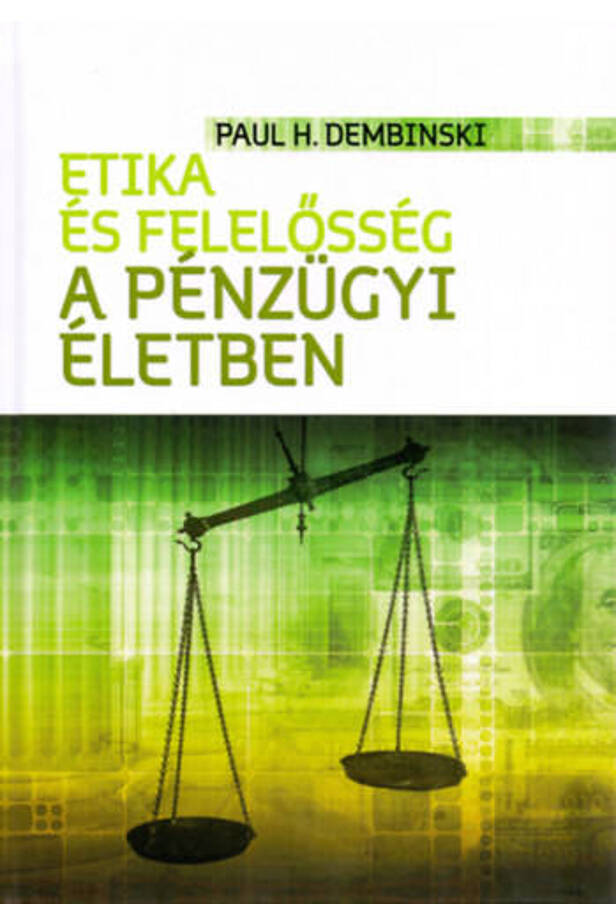Ethics and responsibility in financial life
Delivery time: 2 - 3 business days
Quantity:
HUF 2,690
Description
The post-World War II reconstruction period and the relatively peaceful decades that followed were replaced by the escalating local war and energy conflicts of the 1970s. And at the same time, the emergence of a new, neoliberal-inspired economic order, the transformation of which into a world economic system was completed by the disintegration of the Soviet Union and its allies with a planned economic system. This raw market system, which focuses on unlimited profits and eliminates state control, regulation, and ownership, was twilighted by the crisis in Anglo-Saxon mortgage markets since 2007, which was not primarily an economic crisis but a failure of human restraint. Economic thinkers and professors, such as the Hungarian Luigino Bruni, Stefano Zamagni, Helen J. Alford OP, Michael J. Naughton, and Baritz Sarolta Laura OP, referring to teachings, they are more heralds of the coming of a resurgent thinking than the professors of Dembinski and Zamagni, who revived the teachings of Antonio Genovesi. Humanity in the XX. After the world wars of the 19th century, the Great Depression, the fall of communism, and the current financial crisis, he was calling for a new, fair, people- and value-centered production-social way. We want to leave the crisis behind, to avoid wars, and to create a new, sustainable mode of production for the general good of mankind, now quoted by Professor Paul H. Dembinski, whose book Ethics and Responsibility in Finance we celebrate your translation and encourage you to read it. (Prof. Dr. Csaba Lentner, professor)
| publisher | KETEG OIKONOMIA RESEARCH INSTITUTE |
|---|---|
| writer | Paul H. Dembinski |
| scope | 120 |
| volume unit | oldal |
| ISBN | 9789636629182 |
| year of publication | 2018 |
| binding | hard knitting |

Sign up for our newsletter and be the first to know!
A Zamnia hírlevélre való feliratkozással megerősítem, hogy betöltöttem a 16. életévemet.


